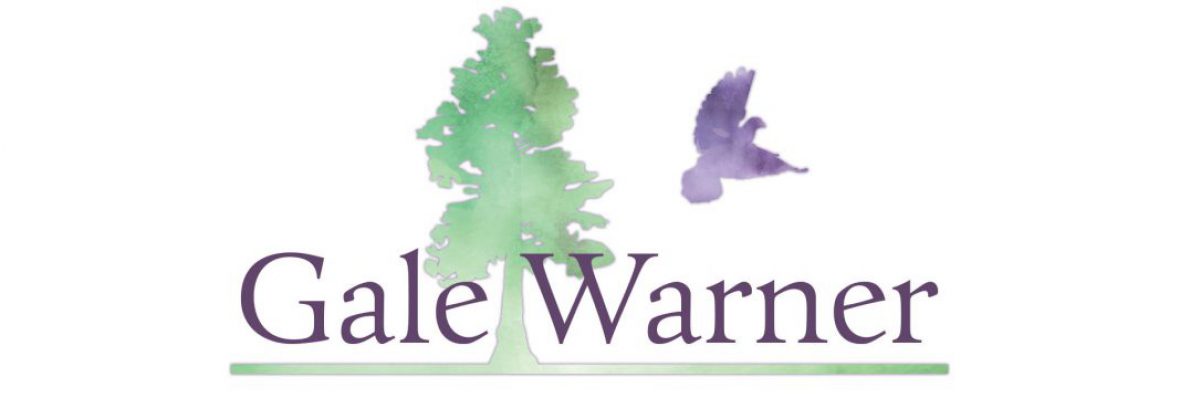Reproduced with permission from The Christian Science Monitor, March 19, 1986
IT arrived long after Christmas. If the postman had any thoughts about the bedraggled box he handed me in return for my yellow slip, he kept them to himself. Wrapped in brown paper with a red-and-white string managing to keep it all together, the package was ripped, dented, and water-stained. In the upper left-hand corner, in huge red letters, it said “USA.” The package had come from East Germany. Inside was a card from my friend Erich. “I wish you a peaceful Christmas and all the best for you in 1986,” he wrote. “The cake I send you is a special Christmas cake, produced only in the Advent. It is called `Stollen.’ The friendly baker said the long way to you had no bad influence on the quality of the cake. Make a test!”
The cake — sturdy, cylindrical, double-wrapped in plastic and decorated paper — survived the journey. Less fortunate were the gingerbread, broken into dozens of pieces, and the decorative sprigs of fir, which had disintegrated and then implanted their needles in the gingerbread. No matter. It was still the nicest Christmas present I’d received that year.
I had met Erich the previous summer under unusual circumstances. He is a music student in East Berlin, a classical violinist.
I was traveling in the Soviet Union with a group of American students. We met in Moscow at a party thrown by some Soviet students and later went to dinner.
It was the first trip to the Soviet Union for both of us, and both of us were trying to sort out our first impressions. Eagerly we shared observations.
“It is a small thing,” he said, “but on the subways so many people have flowers, big bundles of flowers to take home.” He had been struck by what he called “the need for heroism” in the Soviet Union — all of the old men wearing medals, the posters, the constant reminders of the victory over fascism.
We spoke too about the United States, a country Erich admired but also found “puzzling.” “Your country seems so creative, so inventive, so generous with what you have,” he told me. “And yet at the same time you go ahead with something like Star Wars. It is very paradoxical to me.”
It was a Friday night, and several of my American Jewish friends performed a simple Shabbat service in the Moscow restaurant.
I watched our Soviet and East German friends’ somewhat surprised but curious and open faces as the Americans sang the beautiful ancient prayers over the candles. I thought about our parents’ and grandparents’ generations, and how far we had come, and how far we had to go.
We exchanged addresses and promised to write. I wondered if Erich really would — whether it would be too dangerous for him, whether our letters would squeeze through the rigid borders dividing our world.
What he thought after we parted is best said in his own words. “After our talk in Moscow my mind was divided into two parts,” he wrote, “one pessimistic and one optimistic. The pessimistic said, `It was an interesting evening, but there will never be a next meeting or a connection in the future.’ The optimistic said there will develop a correspondence over the Atlantic. When I opened the mailbox last Monday the optimistic became the winner. I am very glad.”
He described a popular book written by an East German author about living in the US for one year, called “Living on Another Planet.” “But in Moscow I felt that you are not from `another planet,’ ” he wrote. “It was a good feeling and I become hungry to know much more about you and USA. I understood there is not only one `Voice of America,’ there are 200,000,000 voices of America. Now I will start to complete the USA puzzle. . . . You said many people believe we are hopelessly naive to try to protect the world peace with contacts over the `wall.’ But it is the only chance for us.”
The cake tasted rich and sweet in spite — or perhaps because — of its long journey. Eating it has reminded me that I, too, am hungry for more.


